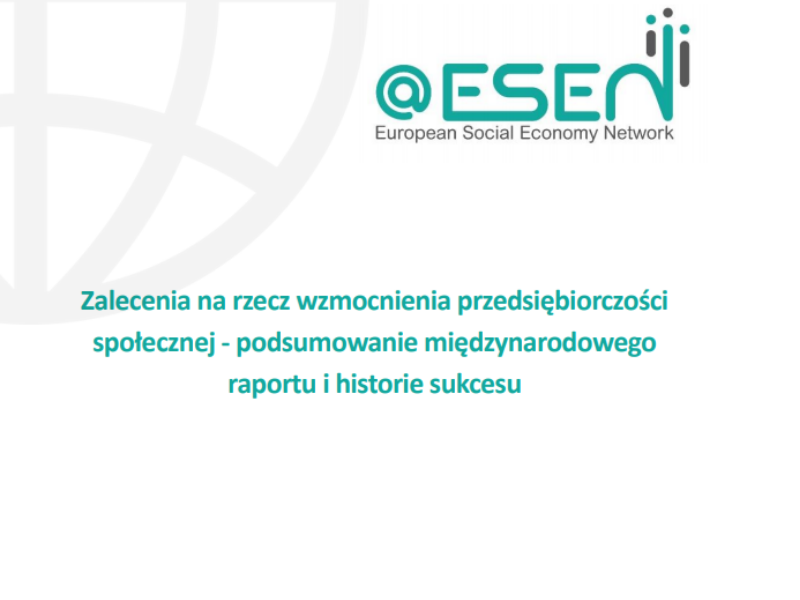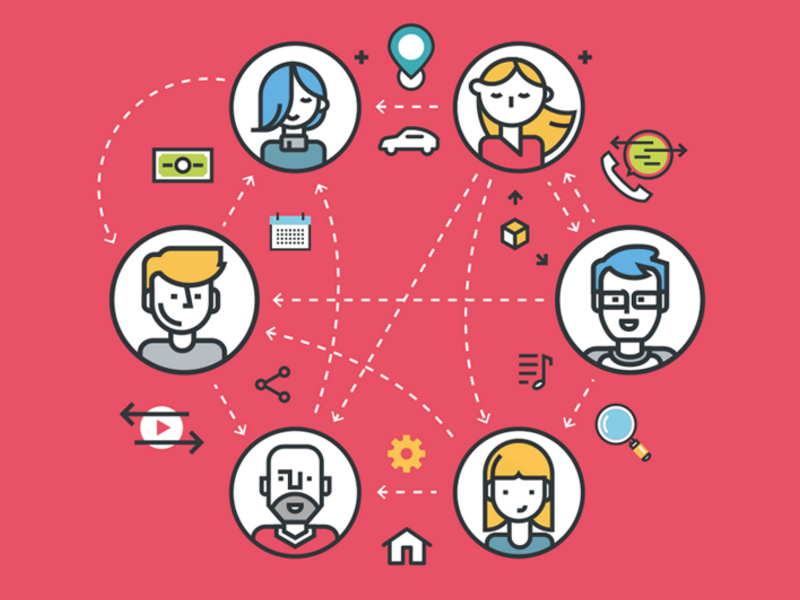Ekonomia Współpracy w Polsce 2016
Ekonomia współpracy to nadal kształtujące się zjawisko. Jest wiele sposobów na definiowanie i rozumienie jej, gdzie – w zależności od perspektywy – może być modelem ekonomicznym, modelem biznesowym, hybrydowym modelem rynkowym, stylem życia, kulturą, czy narracją.
A może być po prostu „interesującym trendem”, który (kto wie) możliwe, że za chwilę przeminie, choć równie prawdopodobne jest, że stanie się podstawową koncepcją porządkującą rozumienie globalnych przemian społecznych, ekonomicznych i kulturowych. Można definiować ją bardzo wąsko, a można doszukiwać się jej w niemalże każdym przejawie życia społecznego i ekonomicznego. Czy nawet uznać, że nie istnieje w ogóle lub że dotyczy całej gospodarki – podważając w ogóle sens jej nazywania. Nawet sama nazwa „ekonomia współpracy” nie jest powszechnie przyjętą nazwą do opisywania – wydawałoby się – najbardziej oczywistych jej przejawów.
Polecamy Sprawdź, co jeszcze dla Ciebie przygotowaliśmy

Metoda Fundacji Orange na skuteczny projekt społeczny
Niniejsza publikacja ma służyć przedstawieniu metody na projekt społeczny, która została...
Oglądaj więcej
Rozwój przedsiębiorczości społecznej w Polsce i wybranych krajach Unii Europejskiej
Raport ukazuje rozwój przedsiębiorczości społecznej w Polsce i wybranych krajach UE:...
Oglądaj więcej
Zalecenia na rzecz wzmocnienia przedsiębiorczości społecznej – podsumowanie międzynarodowego raportu i historie sukcesu
Opracowany raport zawiera zestaw zaleceń dotyczących wzmacniania przedsiębiorczości społecznej oraz aspekty...
Oglądaj więcej
Zaszczep się przeciw wypaleniu. W poszukiwaniu równowagi w działaniach społecznych
W dniach 5 i 10 listopada 2020 roku odbyła się (anty)konferencja...
Oglądaj więcej
Jak dobrze ewaluować projekty? Miniporadnik ewaluacji dla realizatorów projektów z obszaru edukacji, kultury, animacji lokalnej
Miniporadnik ewaluacji i zestaw narzędzi ewaluacyjnych powstały, by zmienić negatywny sposób...
Oglądaj więcej
Działaj lokalnie! – przewodnik po centrach wolontariatu z terenu województwa łódzkiego
Jest to praktyczny przewodnik z wykazem aktualnych centrów wolontariatu oraz podmiotów...
Oglądaj więcej
